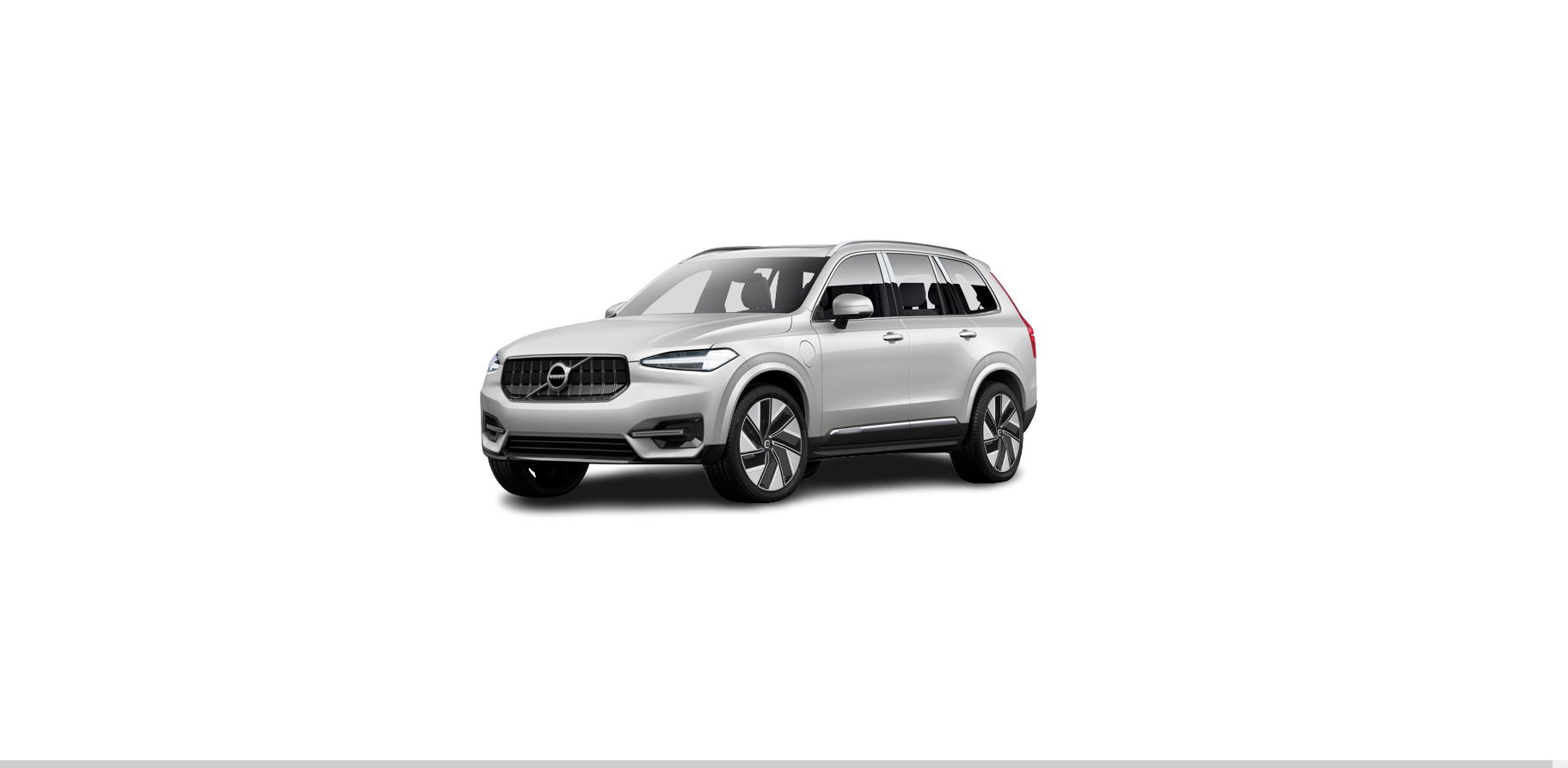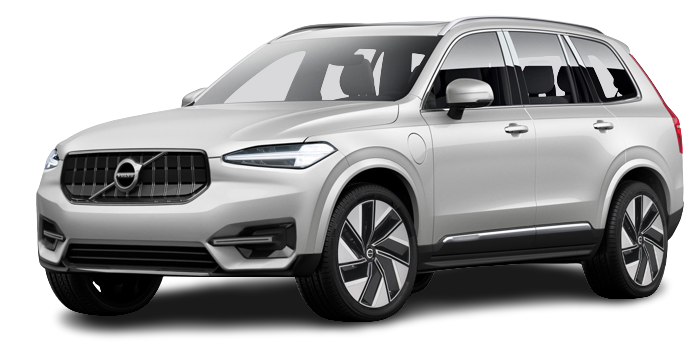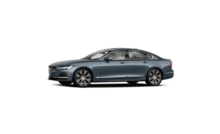Selectable drive modes
The different drive modes are adapted to provide as good driving characteristics as possible in terms of the following:
- steering
- engine/gearbox/all-wheel drive
- brakes
- air suspension and shock absorption
- driver display
- start/stop function
- climate settings.
Indication in the driver display
Comfort
When the car starts, it is in the Comfort mode. These settings mean that the car feels comfortable, the steering is light, the shock absorption is soft, and the movement of the body is smooth. This drive mode is the certification mode for carbon dioxide emissions.
Volvo recommends that you use the Comfort mode for normal driving on motorways or extra-urban driving, for example.
Points to remember when driving with the Comfort mode
- the start/stop function is activated from start.
Polestar Engineered
In the Polestar Engineered mode, the gear changes become faster and more distinct, and the gearbox prioritizes a gear with greater traction. Steering response is faster and shock absorption harder.
Volvo recommends that you use the Polestar Engineered mode when you want sportier characteristics and faster response to acceleration.
Points to remember when driving with the Polestar Engineered mode
- the ground clearance is lower in order to reduce roll during cornering
- start/stop function is deactivated.
Off-road
The Off-road drive mode means that the steering is light, and that the all-wheel drive operation and low speed function with hill descent control (Hill Descent Control) are activated.
Volvo recommends that you use the Off-road mode when you want increased traction and for driving in difficult terrain and on poor roads.
Points to remember when driving with the Off-road mode
- start/stop function is deactivated
- the car has higher ground clearance
- the drive mode is only available at low speed
- fuel consumption may increase
Note
The driving mode is not designed to be used on public roads.
If the car is switched off in Off-road mode, and therefore has high ground clearance, the car is lowered next time it is started.
Important
The Off-road drive mode must not be used while driving with a trailer without trailer connector. Otherwise, there is a risk of damage to the air bellows.
Changing drive mode
Select the drive mode adapted for the current driving conditions.
Remember that not all drive modes are available in all situations.
Change the drive mode via the centre display.
- Press

 .
. - Select Driving.
- Select the required drive mode.
Off road mode
An adapted low speed mode that increases the car’s traction when driving in difficult off road conditions, on steep hills, and on a poor surface.
The Off-road drive mode provides high ground clearance, light steering, enhanced all-wheel drive and activated low speed control function with hill descent control. This provides enhanced engine braking, which makes it possible to increase or reduce the speed of the car on steep hills by using only the accelerator pedal, without using the foot brake.
The speed is controlled using the accelerator pedal. When the accelerator pedal is released, the car slows down to creep, regardless of the gradient of the hill and without the need for the foot brake to be used.
The brake lights are switched on when the car is braked/speed is reduced. The driver can also use the foot brake to reduce creep or to stop the car.
- The mode is only available at low speeds, up to 40 km/h (25 mph). Off road drive mode is deactivated if the speed is exceeded.
Note
Off road mode is not designed to be used on public roads.
Activating or deactivating Off road
- Press

 in the centre display.
in the centre display. - Select Driving.
- Activating or deactivating Off-road mode.
The function is deactivated when the car is switched off.
Launch function
Launch can be used when maximum acceleration is required from stationary.
Activate Launch
Make sure the car is stationary and the wheels are pointing straight forward.
- Move to gear position D.
- Depress the brake pedal fully.
- Then fully depress the accelerator pedal.
- Release the brake pedal within 2 seconds.
Note
If the Launch function does not work, wait a few minutes and let the drivetrain cool down to working temperature before retrying.
Important
The drivetrain is subject to wear and tear when using Launch and therefore the function is only available a limited number of times.
All-wheel drive
All-wheel drive (AWD) means that the car is driving all four wheels at the same time, which improves traction.
To achieve the best possible traction, the motive force is distributed automatically to the wheels with the best grip. The system continuously calculates the need for torque to the rear wheels, and can immediately redistribute up to half of the motor’s torque to the rear wheels.
All-wheel drive also has a stabilising effect at higher speeds. Under normal driving conditions, the majority of power is transmitted to the front wheels. When stationary, the all-wheel drive is always engaged in preparation for maximum traction during acceleration.
All-wheel drive characteristics vary depending on the selected drive mode.




